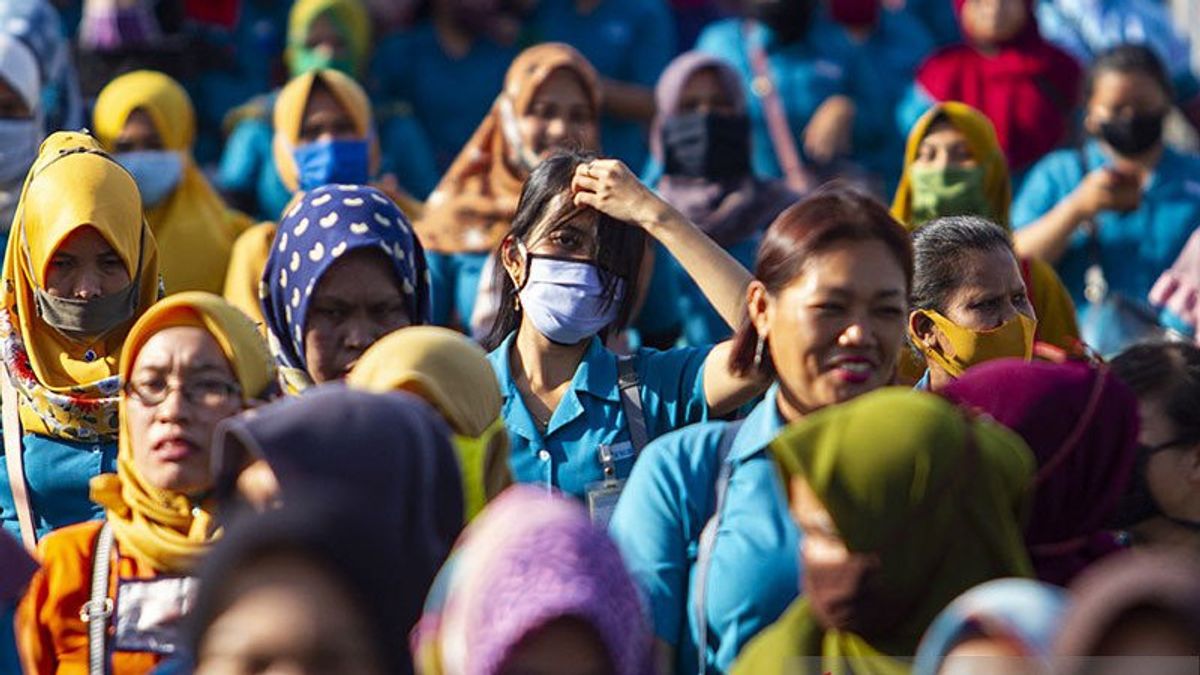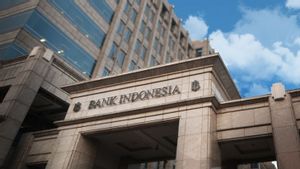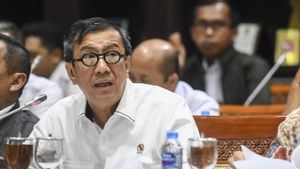JAKARTA The latest World Bank (World Bank) economic projection states that this year growth has slowed sharply due to rising inflation, higher interest rates, reduced investment and disruptions in Ukraine's war will leave the economy fragile and harmful.
There are several ongoing risks to watch out for, such as inflation, which continues to move higher with the re-emergence of the COVID-19 pandemic, which can drive in an unavoidable global recession.
World Bank President David Malpass said the crisis faced was getting more intensive as the global growth outlook worsened.
The world's economic growth decreased to 1.7 percent in 2023 from the previous estimate of 3 percent six months ago. This is a sharp slowdown and is expected to be prolonged," he said as quoted on Thursday, January 12.
According to David, there is an increasing threat of debt burden for developing and developing countries in the next few years. He said, this is also an excess of the capital to developed countries' due to the increase in interest rates.
"This is bad for growth and investment as well as demands from the climate change agenda," he said.
Especially for developing countries, such as Indonesia, growth will slow down, being influenced by weakening external demand (exports). There are also challenges in currency depreciation, stricter financing conditions, and domestic challenges.
For information, in its minutes the World Bank attaches a projected economic growth in developed countries (America, Europe, Japan) this year to 0.5 percent from 2.5 percent in 2022. Indonesia itself is believed to only grow by 4.8 percent from the previous 5.2 percent in 2022.
The English, Chinese, Japanese, Arabic, and French versions are automatically generated by the AI. So there may still be inaccuracies in translating, please always see Indonesian as our main language. (system supported by DigitalSiber.id)













